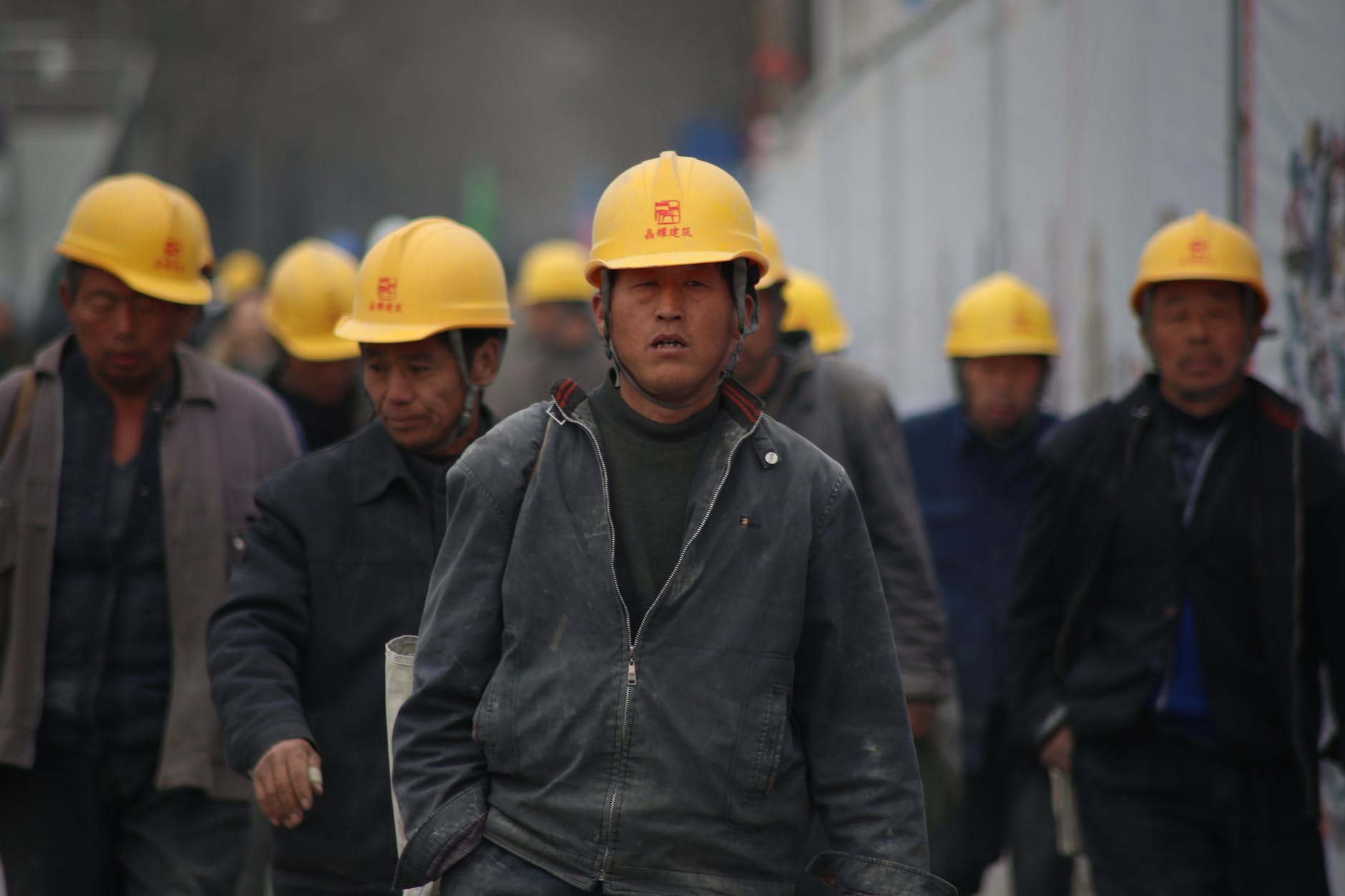
As the coronavirus pandemic continues to disrupt the world, calls for a universal basic income widen.
Several countries across the globe have imposed lockdown measures to cope with the COVID-19 outbreak and curb the spread of the virus.
With this, the International Monetary Fund considers the global economy in 2020 to suffer something worse than the Great Depression The decline in growth expectations is likely to impact the most vulnerable.
In an aster Sunday letter, Pope Francis said: “This may be the time to consider a universal basic wage.”
He said it would “ensure and concretely achieve the ideal, at once so human and so Christian, of no worker without rights.”
Data from Johns Hopkins University showed that over two million people had tested positive for the coronavirus worldwide as of Thursday. There have been 137,078 deaths recorded.
Universal basic income is considered not a fresh idea. It is defined by IMF as an income support tool, which will provide regular cash payments to all portions of the population with little to no conditions.
In a telephone interview with CNBC, Guy Standing, a research professor in development studies at SOAS, University of London, explained that there was global economic revival would not be possible without a universal basic income.
Standing, an advocate for a universal basic income for more than three decades, said he believed the coronavirus pandemic would be “the trigger” for prioritizing universal basic income.
“It’s almost a no-brainer,” he said. “We are going to have some sort of basic income system sooner or later, but I think getting the establishments of many countries to do it is like pulling the proverbial tooth. There’s a big institutional resistance to it because of the implications of moving in this direction.”
Standing hopes the world leaders and policymakers would not commit the same errors made in the aftermath of the 2008 global financial crisis, saying another “toxic combination” of austerity and quantitative easing would lead to another crisis.
“Going back and doing what they did after 2008 would be a disaster.”
Government like the U.K., Austria and Denmark have already implemented wage subsidies to protect households from an economic downturn. The program can cover the salaries of millions of people.
Standing did not think a universal basic income is “regressive” and “inefficient.” He emphasized that wage subsidies of this nature would only cause a huge number of vulnerable people being excluded from the economic infrastructure. “It’s atrocious economics.”
“So, for me, all of the arguments are tilting us toward saying: ‘We’ve got to protect everybody. We are all vulnerable.’”
Spain’s Minister for Economic Affairs Nadia Calvino told Spanish broadcaster La Sexta that their country would release a universal basic income “as soon as possible.”
Calvino added that a nationwide basic wage should become a permanent instrument that empowers citizens “forever.”
If the implementation becomes successful, Spain would be the first country in Europe to introduce a universal basic income.
Cailin Birch, global economist at the Economist Intelligence Unit, said that Spain’s action will encourage other countries to follow suit.
“In the U.S., they’ve actually already arrived at the policy — albeit through the back door rather than the front door,” Birch said, describing the federal government’s direct payments plan.






